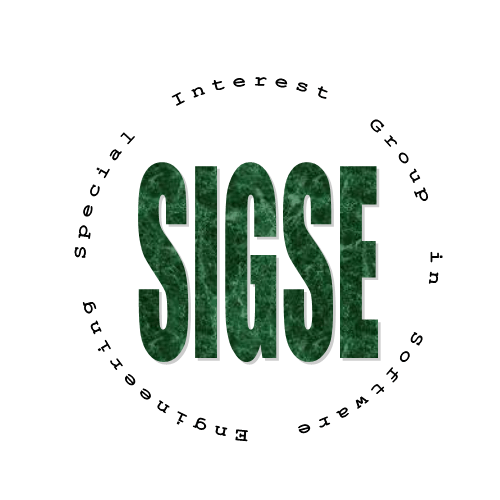Ravi Gorthi and Anjaneyulu Pasala
Infosys Technologies Ltd.
Abstract :
Often software testing and maintenance phase consume 60% of overall cost of software product/application development and maintenance expenditure. Test planning and execution are two important stages of this phase. In the last one decade, test execution phase has witnessed an increased degree of automation resulting in enhanced productivity and quality gains. However, test planning stage is still largely manual. Generation and maintenance of functional test case is one of the main activities of the test planning stage. Given the volume of software engineering business, every 10% improvement in the productivity / quality of test case generation will be considerable and thus requires an immediate focus. In this tutorial, the speakers discuss emerging methodologies and industry trends in the automation of test case generation and regression test selection from two important forms of inputs of a software application / product: (i) the UML based models and (ii) the source / executable code. In the first part, the speakers cover in detail the emerging techniques to automatically generate test cases from system requirements specification documents, UML based models such as activity diagrams, sequence diagrams and state diagrams and discuss their applicability and business benefits. In addition, the speakers extend these discussions to cover the techniques of selecting regression test cases from a given set of changes to UML based models. In the second part of this tutorial, the speakers discuss the state-of-the-art techniques to select regression tests from upgrades to software components whether supplied in binary or source code. In particular, a selection technique developed based on analyzing the runtime interactions among different components in a given component based software system will be presented. The speakers discuss both semantic and syntactic change impact analysis techniques to identify changes made between two versions of the software components and their implications to the safe selection of regression test cases. Some of these techniques are illustrated through practical case studies.
Speaker's Bio:
Ravi Gorthi is a Principal Researcher and Head of Test Automation and Knowledge Engineering Labs at SETLabs of Infosys Technologies Ltd. Dr Gorthi specializes in the areas software testing, knowledge based software
engineering and knowledge-driven IT solutions. He is one of the internationally reputed consultants in the area of software testing and business rules management systems. He has more than 25 years of experience in the fields of IT related consultancy and R&D. He has published papers in international journals and conferences. He has been selected for Who’s Who in the World of Marquis edition. He obtained his masters degree from IIT, Kanpur and doctoral degree from IIT, Chennai, both in Computer Science.
Anjaneyulu Pasala is a Senior Research Associate, Test Automation Lab at SETLabs of Infosys Technologies Ltd. His current research interests include component-based software engineering, software testing and specifically regression testing of applications, impact analysis of software upgrades, UML testing profilers and web-services architectures. He has published papers in international conferences and in journals. Anjaneyulu has more than 15 years of IT industrial experience as a product architect and researcher. He received B.Tech. and M.Tech. degrees from Sri Venkateswara University College of Engineering at Tirupathi, India. He obtained Ph.D. in Computer Science from Indian Institute of Technology Madras at Chennai.
Top

